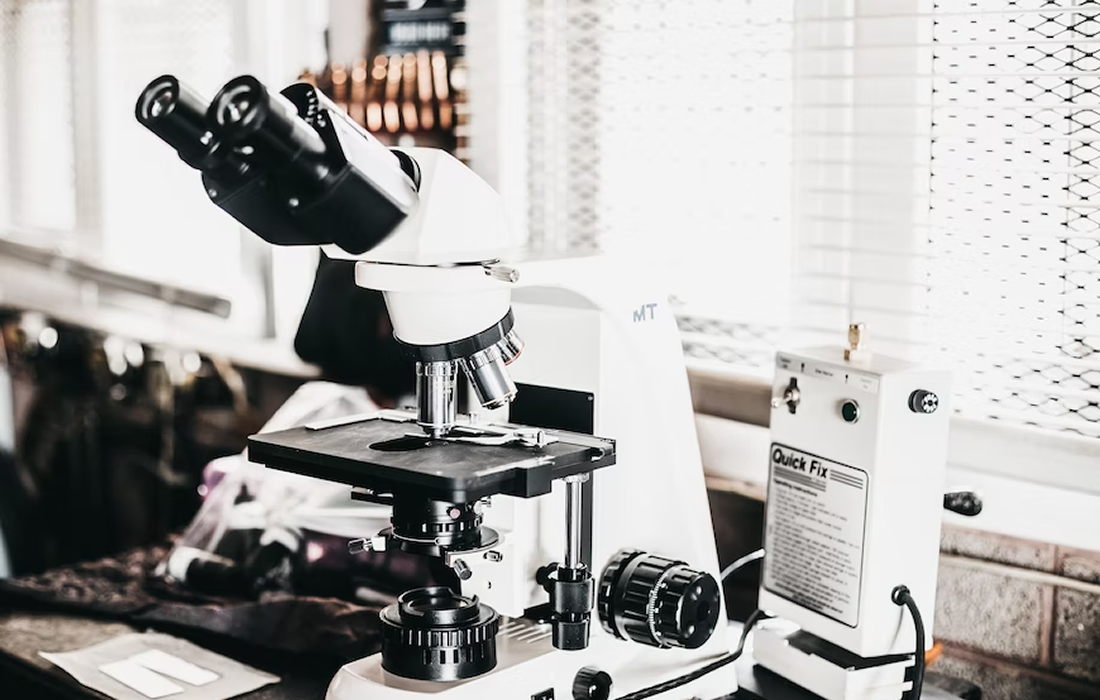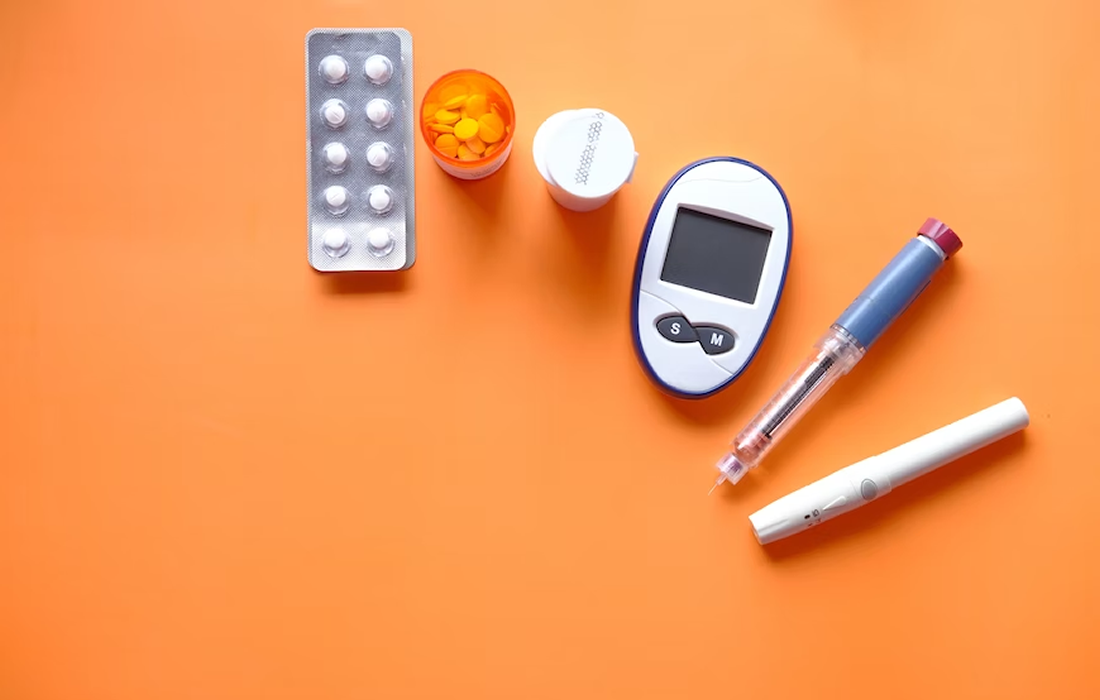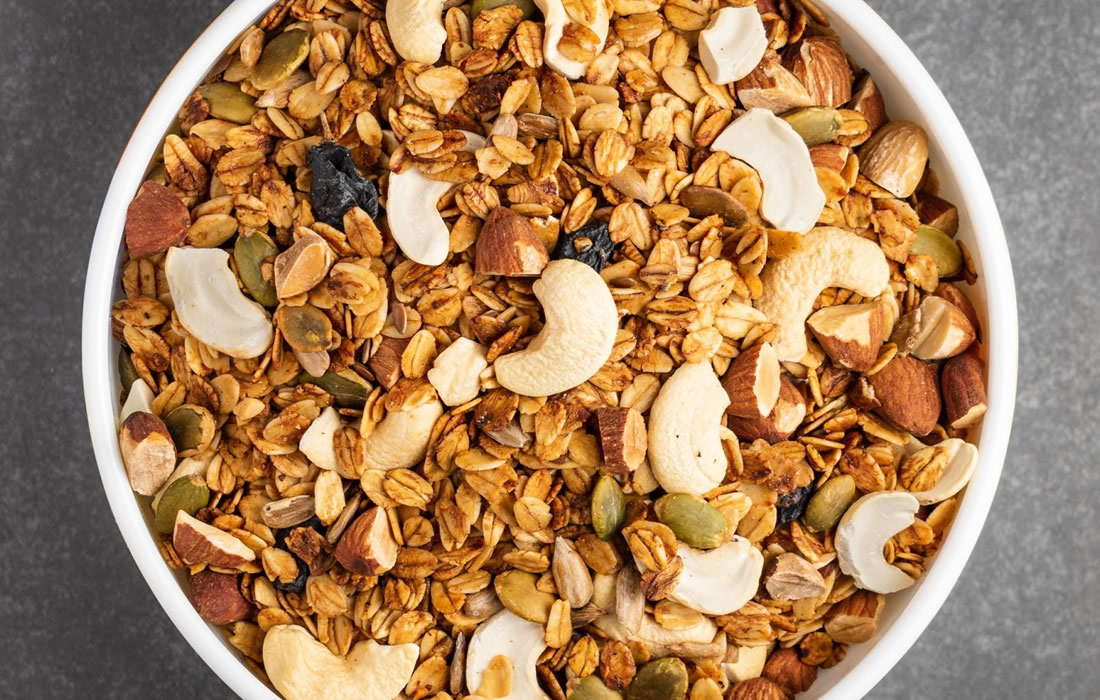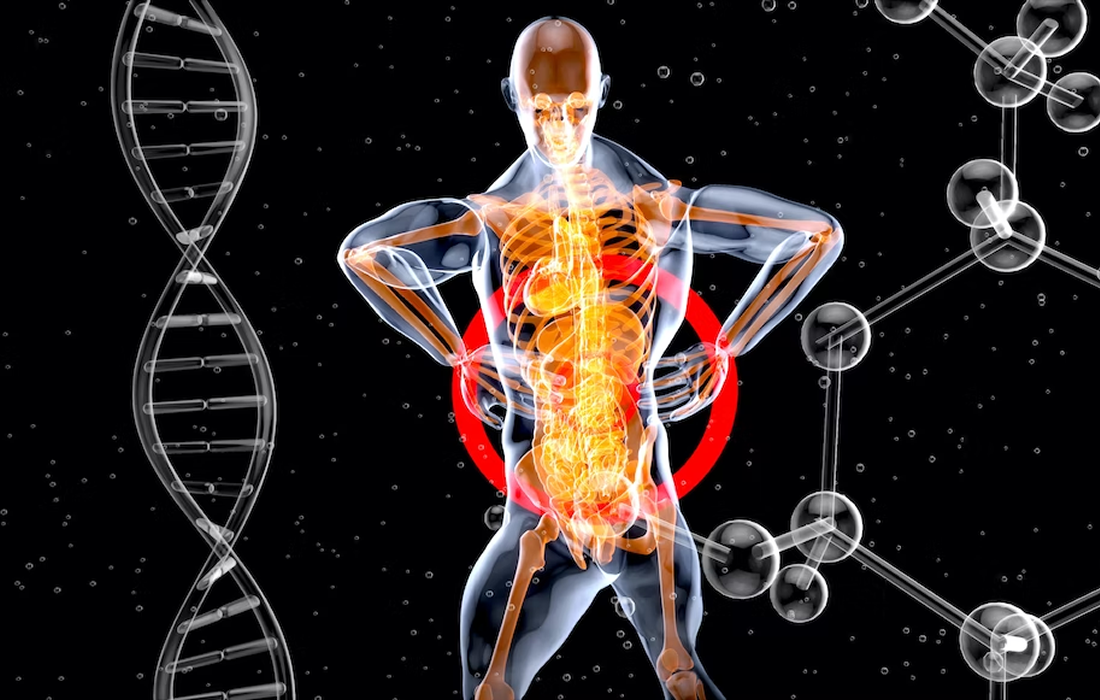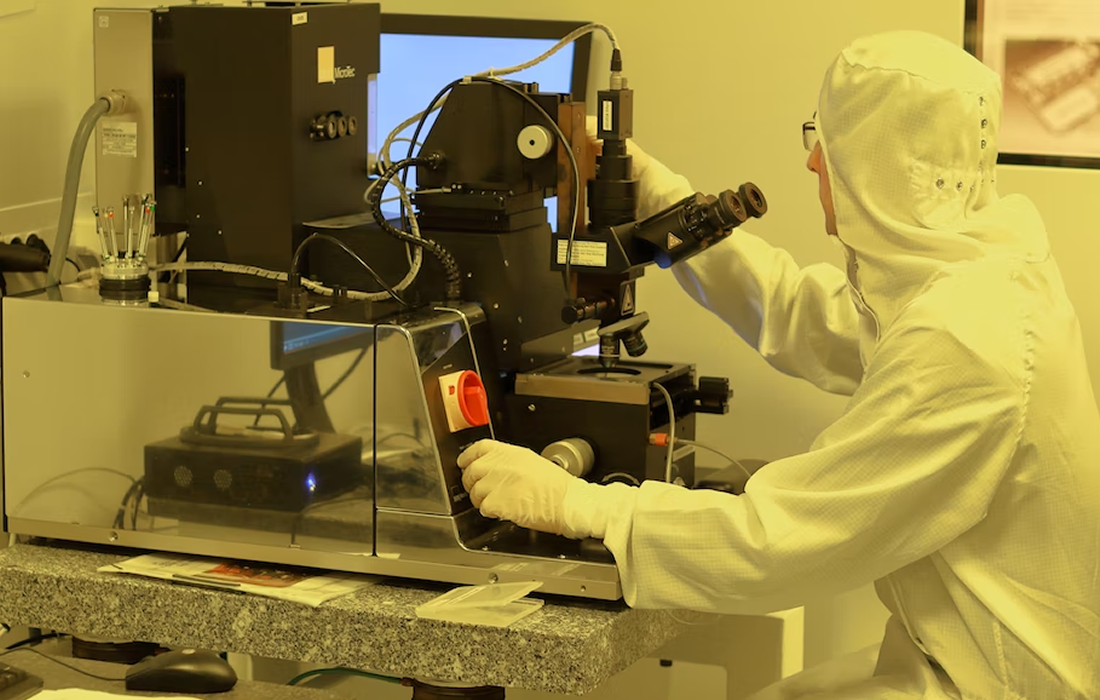Biomedical engineers and medical researchers at UNSW Sydney have independently made discoveries about embryonic blood stem cell creation that could one day eliminate the need for blood stem cell donors. The achievements are part of a move in regenerative medicine towards the use of ‘induced pluripotent stem cells’ to treat disease, where stem cells are […]
Monthly Archives: March 2023
A team led by Van Andel Institute and Max Planck Institute of Immunobiology and Epigenetics scientists has identified two distinct subtypes of insulin-producing beta cells, or ß cells, each with crucial characteristics that may be leveraged to better understand and treat Type 1 and Type 2 diabetes. ß cells are critical guardians of the body’s […]
In proof-of-concept experiments, Johns Hopkins Medicine scientists say they have successfully cultivated human muscle stem cells capable of renewing themselves and repairing muscle tissue damage in mice. To make the self-renewing stem cells, the scientists began with laboratory-grown human skin cells that were genetically reprogrammed to a more primitive state in which the cells have […]
Older cells may fail to make proteins or may make proteins that don’t function as they should, in a discovery that could lead to new drug targets to slow the ageing process. Payel Sen at the National Institutes of Health in Maryland previously found that control over gene expression breaks down in yeast and worm […]
An increasing number of people choose a low-gluten diet, even though they are not allergic to the dietary substance. In an intervention study of healthy Danish adults, reported in Nature Communications, an international team of scientists shows that a low-gluten but fibre-rich diet changes the community of gut bacteria and decreases gastrointestinal discomfort such as […]
Our circadian rhythms help our bodies synchronize different tasks throughout the day, including gene expression, immune function, and cell repair. We’ve long known that chronically disrupted circadian rhythms can predispose us to a number of health issues. Recent work has shown that circadian rhythms are not only involved in tumor onset, but also govern cancer […]
Sleep disorders such as insomnia are common among young people, especially those with psychiatric conditions. According to some estimates, around 17% of youth engage in self-harming behavior. There are currently few empirically-supported treatments for the condition in youth. A recent meta-analysis suggests that treating the causes of self-harm may reduce its incidence. Some have thus […]
MitoQ, a mitochondrial antioxidant that is available to the public as a diet supplement, was found in a mouse study to reverse the detrimental effects that HIV and antiretroviral therapy (ART) have on mitochondria in the brain, heart, aorta, lungs, kidney and liver. The researchers used a molecular method to measure the ratio of human […]
As we age, the end caps of our chromosomes, called telomeres, gradually shorten. Now, Salk scientists have discovered that when telomeres become very short, they communicate with mitochondria, the cell’s powerhouses. This communication triggers a complex set of signaling pathways and initiates an inflammatory response that destroys cells that could otherwise become cancerous. The findings, […]
Stem cells can develop into many different types of cells in the body. For instance, when a person is injured, stem cells come to the site of the injury and aid in healing damaged tissues. New nanotechnology developed by a team of researchers from Texas A&M University could leverage the body’s regenerative potential by directing […]

